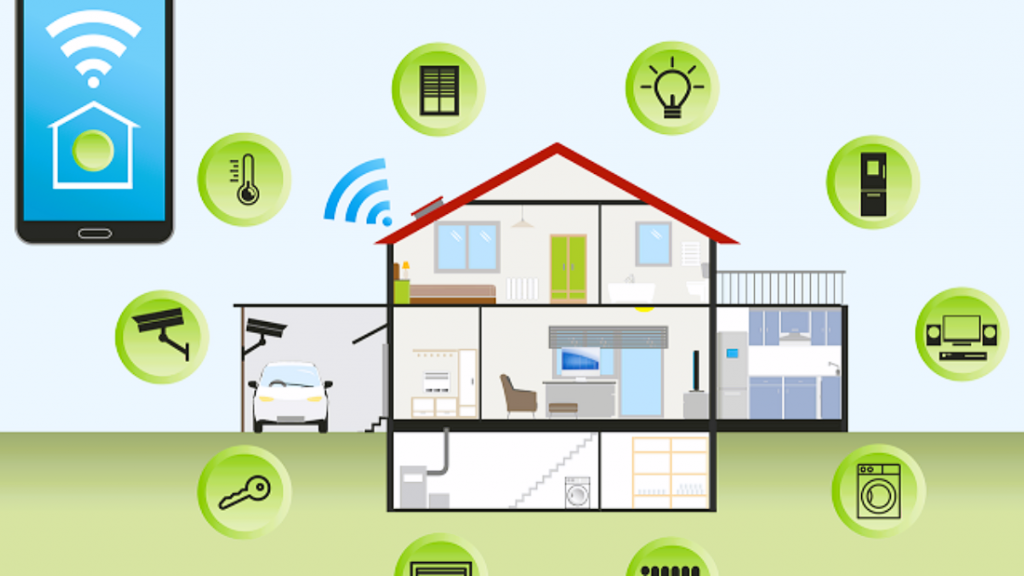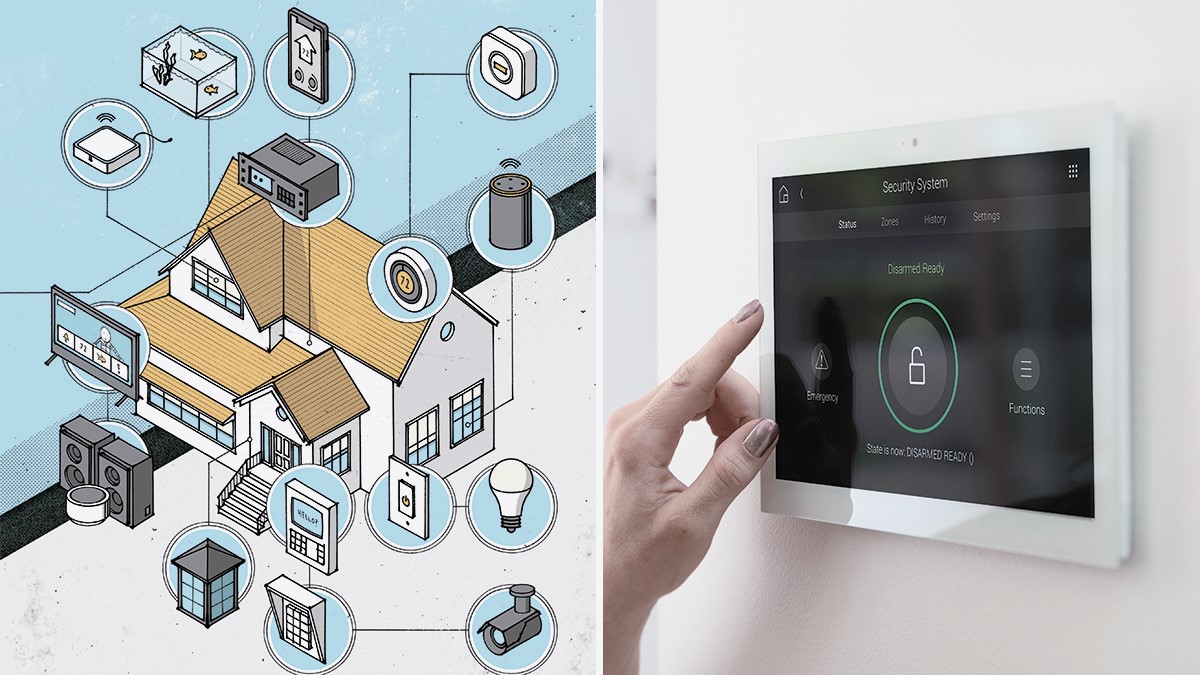Smart home technology is becoming increasingly popular among homeowners, and for good reason. It offers convenience, energy efficiency, and increased security, among other benefits. One area where smart home technology is particularly useful is in the integration of plastic windows. In this article, we’ll explore the basics of smart home integration with plastic windows and what you need to know to get started.
What is Smart Home Integration?
Smart home integration involves connecting various devices and systems within a home to create a network of interconnected technologies. This allows homeowners to control and monitor their home’s systems remotely, using their smartphone or other devices. Common smart home technologies include lighting, thermostats, security systems, and entertainment systems.

What are the Benefits of Smart Home Integration?
Smart home integration offers a number of benefits, including:
- Increased convenience: With smart home technology, homeowners can control and monitor their home’s systems remotely, from anywhere in the world. This allows them to adjust the temperature, turn lights on and off, and even lock or unlock doors with just a few taps on their smartphone.
- Improved energy efficiency: By integrating plastic windows with smart home technology, homeowners can monitor and control their home’s energy use more effectively. For example, smart windows can be programmed to automatically adjust their tinting to reduce heat gain during the summer months, which can help to lower energy costs.
- Enhanced security: Smart home technology can also improve home security by providing homeowners with real-time alerts and monitoring. For example, smart cameras can be used to monitor activity around the home and alert homeowners to any unusual activity.
How Can Plastic Windows be Integrated into a Smart Home?
There are several ways that plastic windows can be integrated into a smart home system. Here are some of the most common:
- Smart window sensors: These sensors can be attached to plastic windows to monitor their position and determine whether they are open or closed. This information can then be used to adjust heating and cooling systems or turn on or off lights.
- Automated window coverings: Automated window coverings, such as blinds or shades, can be integrated with a smart home system to allow homeowners to control them remotely. This can help to reduce energy costs by blocking out excess sunlight during the summer months.
- Smart glass: Smart glass is a type of plastic window that can be electronically tinted to reduce glare and heat gain. This type of window can be integrated with a smart home system to adjust its tinting automatically based on the time of day or other factors.
What You Need to Know Before Integrating Plastic Windows into Your Smart Home

Before integrating plastic windows into your smart home system, there are a few things you should consider. First, it’s important to choose a reputable and experienced installer who can ensure that the windows and smart home system are properly integrated and functioning correctly. Additionally, it’s important to choose plastic windows that are compatible with the smart home technology being used. The impact of plastic windows on the environment, read more here.
It’s also important to consider the cost of smart home integration. While smart home technology can offer a number of benefits, it can also be expensive to install and maintain. Homeowners should carefully consider the costs and benefits of smart home integration before making a decision.
In conclusion, smart home integration with plastic windows can offer a number of benefits, including increased convenience, improved energy efficiency, and enhanced security. By choosing a reputable installer and compatible plastic windows, homeowners can enjoy the benefits of smart home technology and take their home’s energy efficiency and security to the next level.

